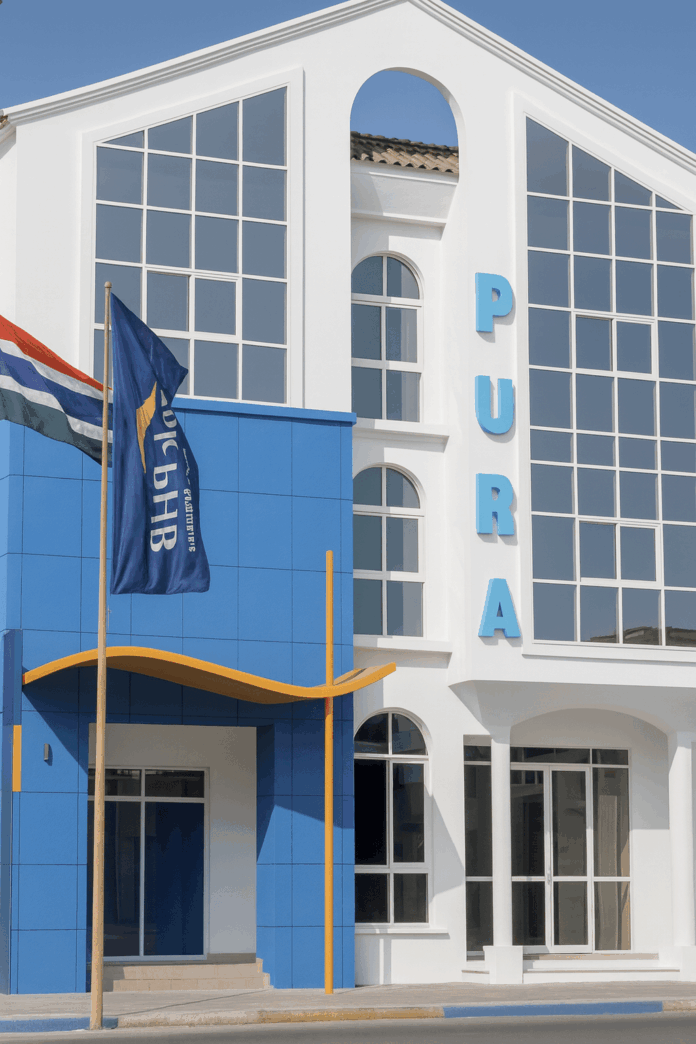By: Seringe S.T. Touray
The Public Utilities Regulatory Authority has found itself at the centre of public outrage after it announced on 19 August a temporary floor price of fifty dalasis per gigabyte of mobile data, effective from 18 August. The justification offered was that recent price cuts by operators, some as low as five dalasis for five hundred megabytes, posed a threat to network sustainability and quality of service.
On paper, this sounds like a regulator stepping in to prevent a destructive price war. In practice, however, the move raises deeper questions about whose interests PURA is serving. Gambians have lived for years with widely reported concerns about expensive and unreliable internet services in the subregion. When market competition finally produced lower rates, consumers embraced it. Instead of welcoming the relief, PURA stepped in to protect the very companies that have long been accused of profiteering at the expense of their customers.
PURA says it acted within its legal mandate to regulate pricing where necessary. But legality is not the same as legitimacy. A regulator exists not just to enforce rules, but to balance the interests of consumers and providers. When PURA imposes a price floor without any transparent consultation, it gives the impression of acting as a shield for corporate revenue rather than as a guardian of public welfare. That is what makes this decision so controversial.
The opposition United Democratic Party (UDP) has already condemned the move as reckless and unlawful, while activist Madi Jobarteh, Executive Director of the Edward Francis Small Centre for Rights and Justice (EFSCRJ), accused PURA of betraying its mandate. Their anger reflects a deeper public sentiment. Gambians are not only frustrated with the high cost of data, they are also tired of seeing institutions created to protect them appear to side with businesses. Internet access is not a luxury in today’s world, it is a lifeline for education, employment and participation in public life.
PURA could have used this moment to demand improvements in service quality, faster expansion of coverage, or greater transparency in billing. Instead, it chose the path of least resistance by ensuring companies would not lose money. This might buy operators breathing space, but it costs ordinary Gambians their hard-earned income. That is not regulation in the public interest, it is regulation that protects profit margins.
The debate now is not whether PURA had the authority to act, but whether it exercised that authority wisely. A regulator’s true test is not in pleasing operators or ticking legal boxes, but in winning the confidence of the people it is meant to protect. By that measure, PURA has failed.
Gambians deserve a regulator that puts them first, that sees affordability as just as important as sustainability. Anything less is not regulation, it is betrayal.




